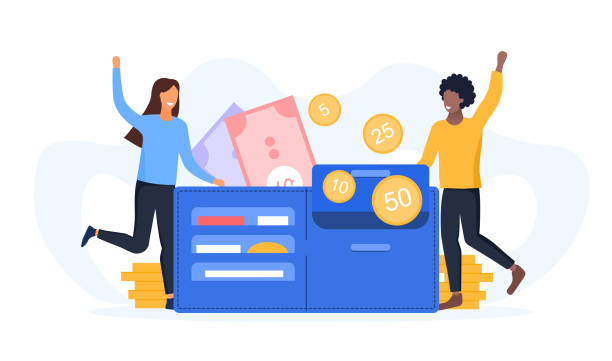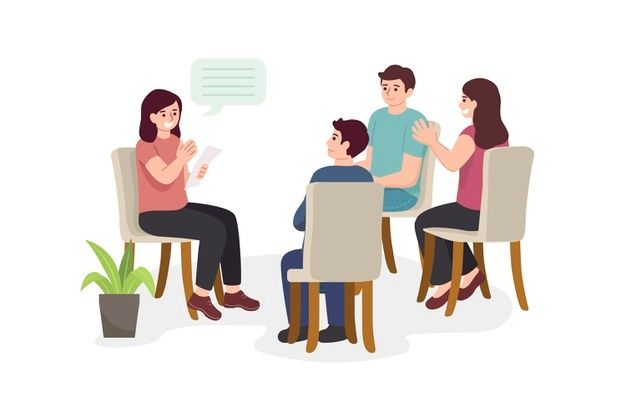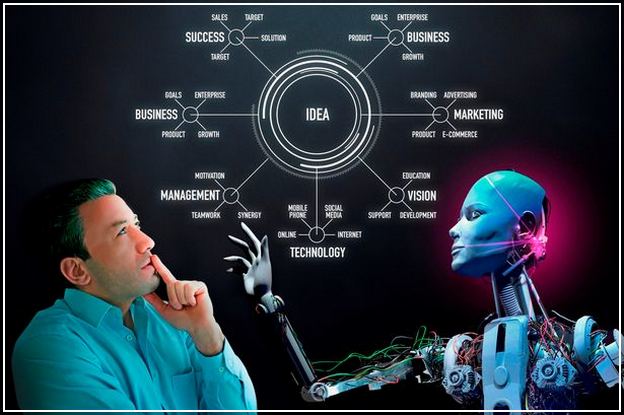Impulsive buying is a curious phenomenon that can be both exhilarating and frustrating. One moment you’re browsing through the mall, minding your own business, and the next, you’re holding a shopping bag with a big grin on your face. But wait, what just happened? How did you end up with a new pair of shoes that you don’t need? Is it natural human behaviour, or is your brain trying to fill a void? To answer these questions, let’s dive into the world of impulsive buying and have a little fun along the way.
How did it all start?
First of all, let’s talk about our ancestors. They lived in a time when buying was an activity that involved bartering and hunting. When they spotted their prey, they had to act fast, or they’d be left with nothing. This instinct to act quickly was essential for survival, and it’s still a part of our human nature today. Fast forward to today, and our brains are still wired the same way. Instead of hunting for food, we’re hunting for deals. We see something we want, and boom! Our brain releases dopamine, and we’re off to the races. It’s like the starting gun at a track meet, and we’re sprinting towards the finish line, credit card in hand.
What goes on in those brain cells?
Now, let’s talk about filling that void. Have you ever heard the saying, “shopping is cheaper than therapy”? Well, it might not be cheaper for your bank account, but it sure feels that way at the moment. When we’re feeling down, bored, or stressed, our brain wants to find a quick fix. It’s like a cookie jar that’s been empty for far too long, and suddenly, there’s a warm and gooey cookie waiting for us. And guess what? Shopping can be that cookie. Our brain associates shopping with pleasure and reward, and that’s why we can find ourselves standing in front of a shopping mall, wondering how we got there.
The game of Roulette
But let’s not forget the negative side of impulsive buying. It’s like a game of Russian Roulette. You never know what you’re going to get, and sometimes, you end up with a dud. Have you ever purchased something that you thought was a steal, only to find out it was a lemon? It’s like taking a bite of a chocolate cake, only to realize it’s made of tofu. It’s disappointing, to say the least. Impulsive buying can also lead to financial problems and a feeling of regret. It’s like a house of cards, and one impulsive purchase can lead to a cascade of financial problems.
There are better things to do!
So, what can we do to avoid impulsive buying? First of all, we need to be aware of our triggers. Is it boredom, stress, or a need for instant gratification?
Once we understand our triggers, we can take steps to avoid them. For example, if we’re bored, we can find a hobby or spend time with friends. If we’re stressed, we can take a walk, meditate, or do yoga. And if we’re looking for instant gratification, we can find alternative ways to reward ourselves, like treating ourselves to a spa day or a movie.
In conclusion, impulsive buying is a complex behavior that can be a natural human instinct or a response to filling a void. It’s like a puzzle, and the more pieces we have, the clearer the picture becomes.
By understanding our motivations, we can avoid impulsive buying and make informed decisions. Just think, instead of buying things we don’t need, we can use that money to buy things we really want, like a trip to the moon or a unicorn. The possibilities are endless!



